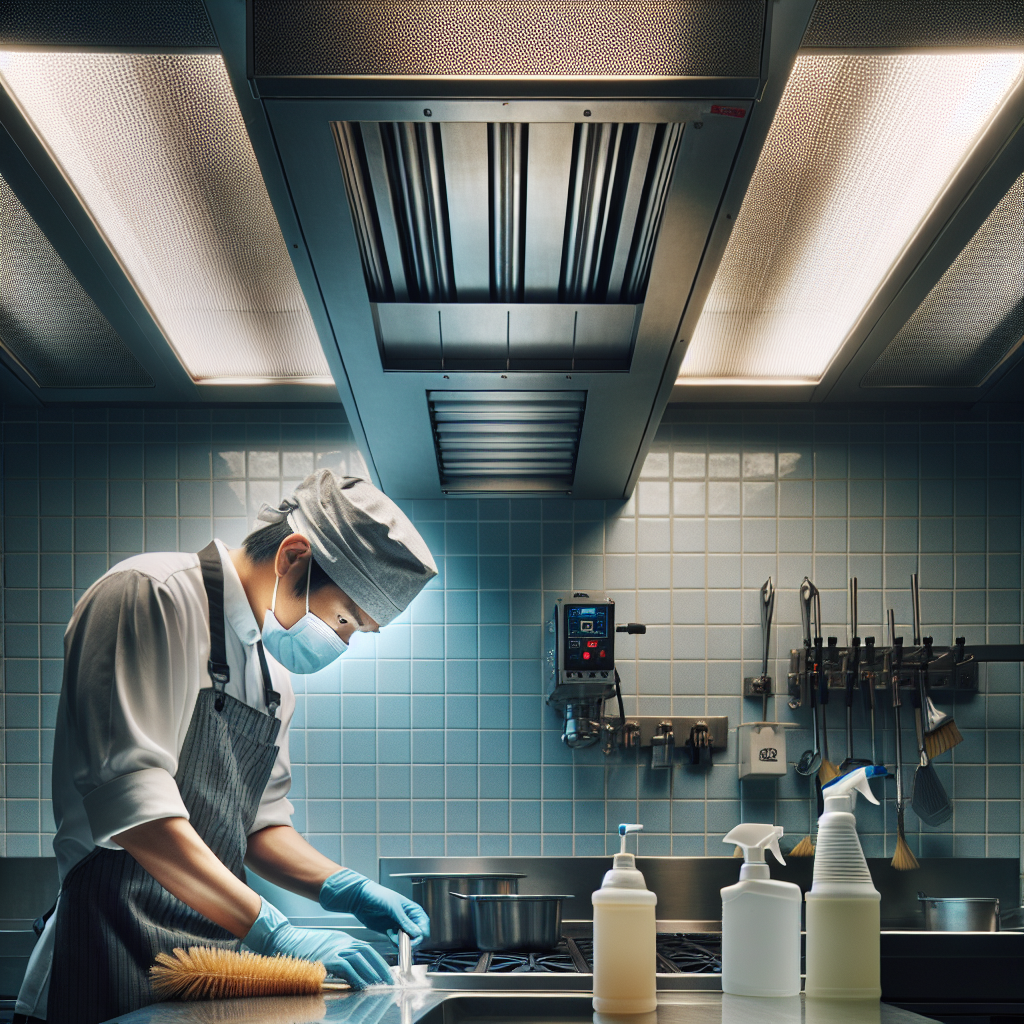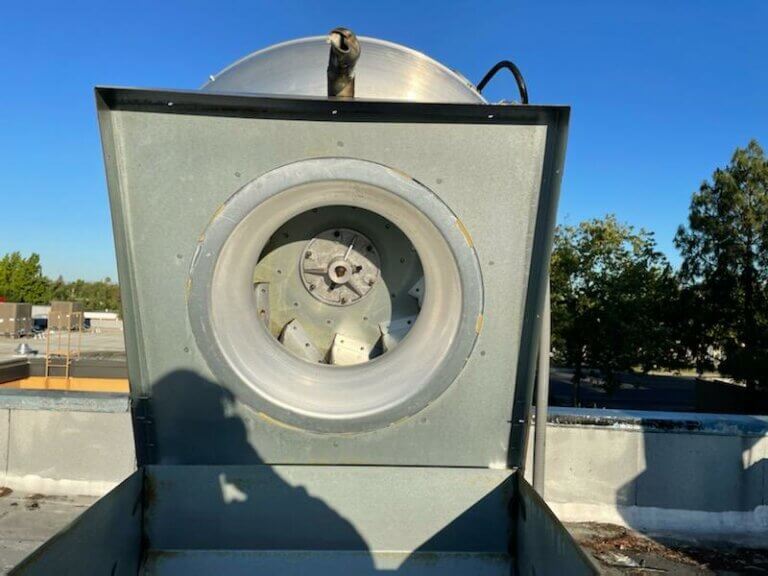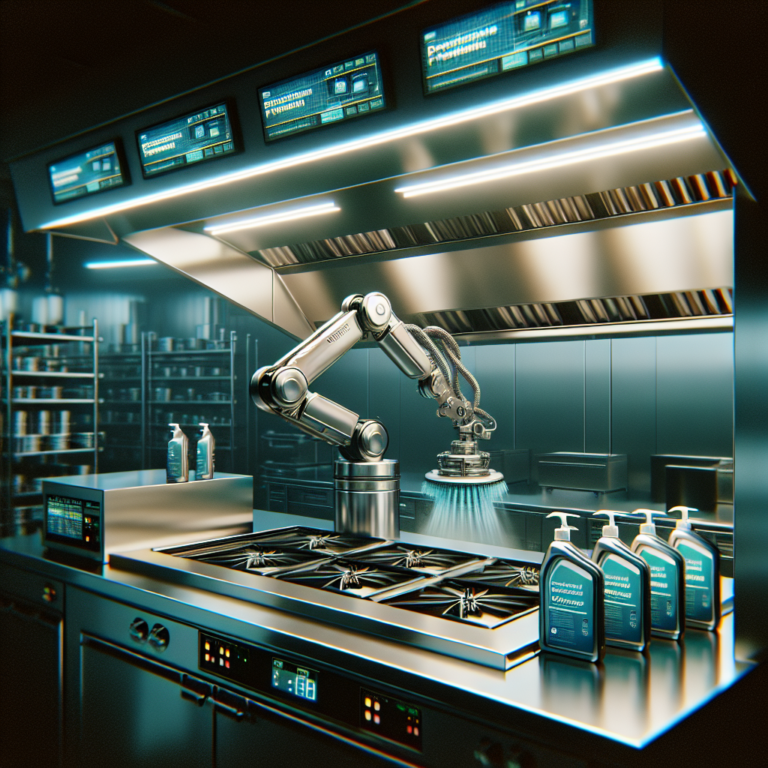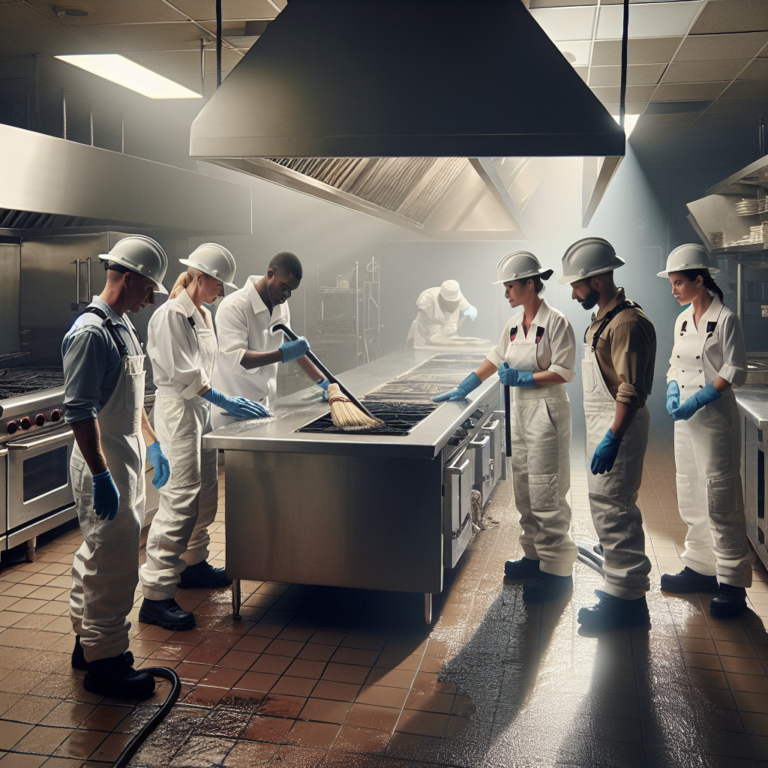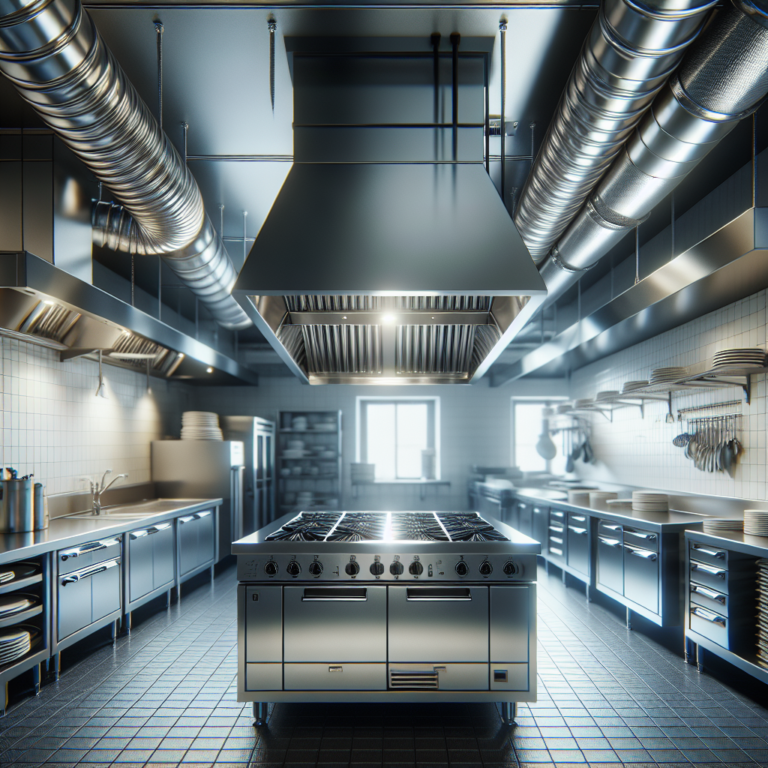Local Health Codes and Essential Hood Cleaning Guidelines Explained
Decoding the Labyrinth of Local Health Codes
If you’ve ever felt lost in the maze of local health codes for hood cleaning, you’re in good company. Restaurant and commercial kitchen owners across Los Angeles, Santa Monica, and Orange County often face intricate guidelines, primarily when it comes to exhaust hood cleaning. Understanding these codes is essential not only for compliance but also for ensuring the safety and efficiency of your kitchen operations.
Why Local Health Codes Matter
Local health codes are not arbitrary rules meant to complicate your life. They are established to maintain a safe, clean, and sanitary environment in commercial kitchens. These codes are especially stringent in areas with bustling restaurant scenes like Los Angeles and Santa Monica, owing to the density and diversity of food establishments. Therefore, comprehending these codes is vital for two main reasons:
- Public Safety: Proper hood cleaning reduces the risk of fire hazards and ensures the air quality within and outside the kitchen is safe for both employees and customers.
- Operational Efficiency: Regular maintenance as per health codes ensures your kitchen operates without the hitch of unexpected breakdowns or fines due to non-compliance.
Key Aspects of Hood Cleaning Requirements
The concept of hood cleaning might appear straightforward, but the health code requirements add layers of complexity. Here’s a breakdown:
- Frequency of Cleaning: The frequency can vary based on the type of food being prepared. High-volume restaurants and those dealing with greasy foods might need more frequent cleaning compared to a vegetarian cafe. The Los Angeles County health codes might require monthly to quarterly cleaning for different establishments.
- Specific Cleaning Protocols: The codes often specify the methods and types of cleaning agents permissible for use in hood cleaning. These are aimed at ensuring that the cleaning does not damage the equipment or pose any health risks.
- Certification and Documentation: Health codes may require that the cleaning be performed by certified professionals and documented appropriately. This often includes maintaining records of when and how the cleanings were conducted.
Impact of Geography: Why Location Matters
In the expansive landscapes of Southern California, ranging from the bustling centers of Los Angeles to the serene beaches of Orange County, local adaptations of state and federal health codes take center stage. But why does geography play such a crucial role?
- Local Climate: The coastal humidity of Santa Monica might influence the frequency and intensity of hood cleaning necessary compared to the drier, inland areas of Los Angeles.
- Regulatory Variances: Each county and region may impose additional regulations. Always consult local guidelines that apply directly to your city or county.
Navigating the Regulatory Jargon
For many restaurant owners, the language of legal texts can be daunting. Here are some tips to make sense of the hood cleaning requirements in local health codes:
- Consult Local Authorities: Establish a good relationship with local health inspectors. They are a resource for understanding the intricate details of health codes.
- Hire a Professional: Professional cleaning companies specializing in commercial kitchen hood cleaning are familiar with local requirements and can ensure compliance.
- Attend Workshops or Training: Many communities offer workshops that break down the health codes in more digestible formats.
The Benefits of Regular Hood Cleaning
Compliance with health codes is not all about avoiding fines or the rare, dreaded kitchen shutdown. There are substantial benefits to regular hood cleaning that directly impacts your bottom line:
- Enhanced Safety: Regular cleaning minimizes the risk of grease fires, ensuring a safer working environment.
- Improved Air Quality: Effective exhaust hood cleaning assists in better air circulation, enhancing the kitchen’s ambiance.
- Cost Efficiency: Routine maintenance can help identify potential issues early, saving money on costly repairs or replacements in the future.
Proactive Steps for Ensuring Code Compliance
Taking proactive steps can simplify compliance with local health codes in your restaurant or commercial kitchen. Consider implementing a scheduled maintenance plan that fits your business’s needs and aligns with the local regulations. Besides, consistently training staff on daily cleaning practices can contribute to a healthier environment and prolong the intervals between professional cleaning sessions.
In Conclusion: Making Local Health Codes Your Ally
Comprehending and adhering to health codes isn’t just about ticking a regulatory box. It’s about fostering a safer, cleaner environment for everyone involved – from chefs to patrons. Whether you’re in the heart of Los Angeles or the laid-back lanes of Santa Monica, understanding hood cleaning requirements can transform them from perceived hurdles into allies in your culinary journey.
For expert advice or professional hood cleaning services that help you comply with the stringent health codes of Los Angeles, you can always reach out to knowledgeable service providers. This strategic move will ensure your commercial kitchen remains at the top of its game, consistently delivering excellence and safety.

